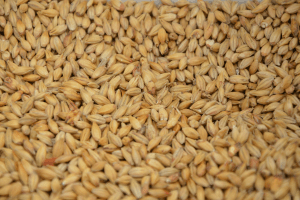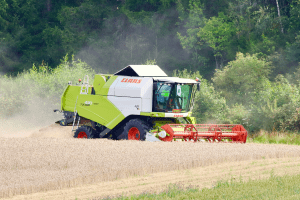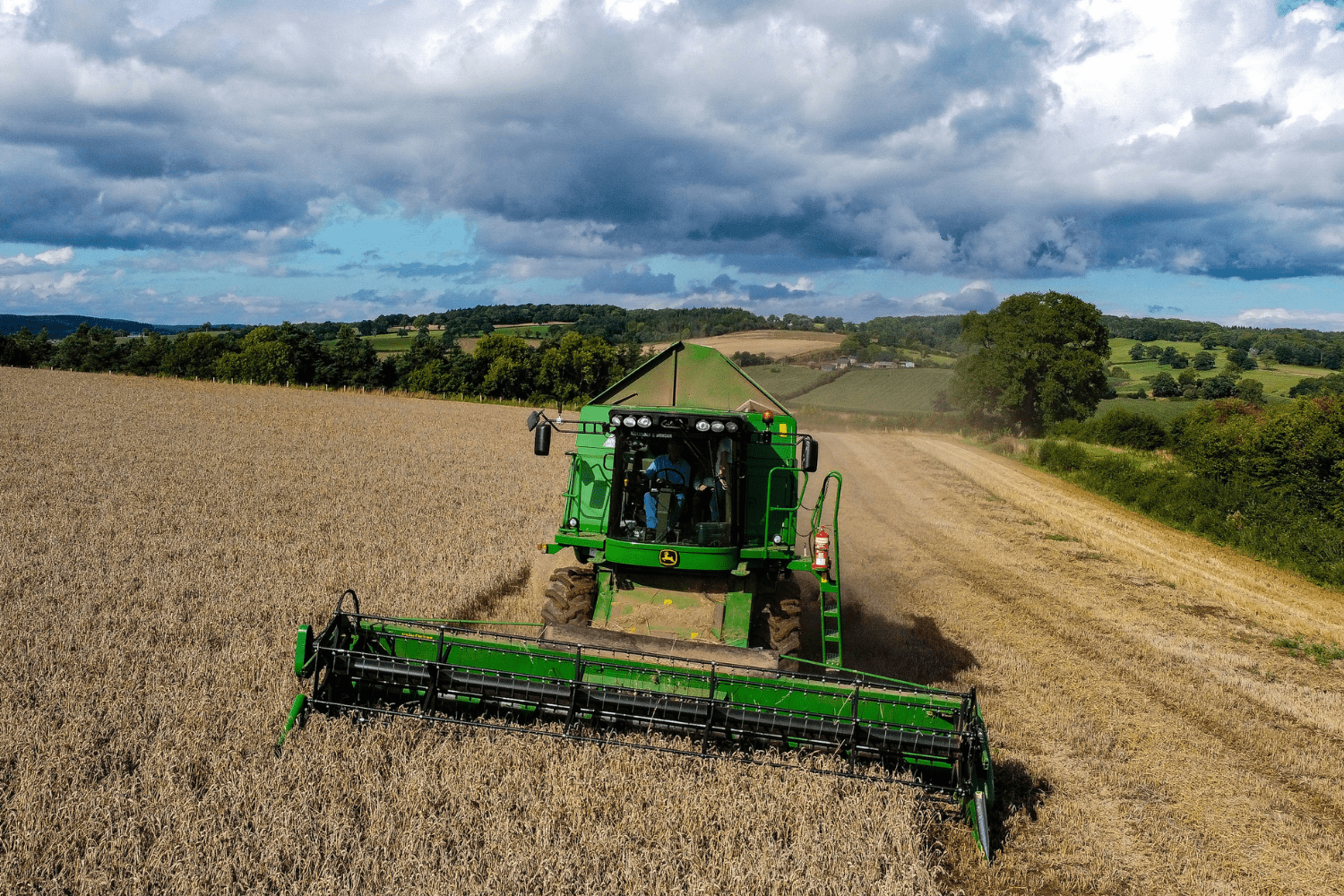The 2025 harvest season began weeks earlier than usual in many parts of the UK. Farmers are reporting combining wheat and barley as early as late June – something traditionally seen in mid-July.
According to AHDB’s first harvest progress report of 2025, combining began as early as June, making it the fastest UK harvest start since records began in 2006. By 9th July, about 10% of winter barley had already been harvested – well above the 5-year average of 6% for that time of year (AHDB). This exceptional pace reflects the unusually dry and warm spring, which accelerated crop maturation.

Why Is It So Early?
Some of the contributing factors could include:
- Unseasonably dry spring and early summer
- Higher-than-average temperatures
- Climate change is shifting the traditional growing cycle
- Faster crop maturation due to heat stress
While dry conditions allowed for early harvest, they also brought challenges. High temperatures and minimal rainfall stressed crops during critical growth stages, affecting grain protein content and straw yield. As a result, quality and total yields are expected to vary widely across regions (Agriland).

The Pros and Cons of an Early Harvest
Pros:
- Less likelihood of weather delays and crop losses from August rains
- Some farmers could start planting their next crops sooner
- Possible price advantages for early grain
Cons:
- Yields may be lower due to reduced growing time
- Quality may be affected, e.g., protein levels in wheat, grain weight
- Increased risk of drought-related stress on crops and soils
- Logistics and labour challenges (e.g., contractors not ready yet)
Merseyside farmer Olly Harrison confirmed his own harvest started 10 days early, yet yields are down one-third on sandy ground due to drought. He also noted recent wetter spells have brought fresh growth to later-planted crops (Farmer’s Guide). Check out his YouTube video on Harvest below:
Why It Matters to Everyone
- Food supply: Lower yields and variable quality may increase reliance on imports and strain food resilience.
- Commodity markets: Early harvesting can inject grain into markets sooner – potentially suppressing prices – but also highlight shortages if yields remain low.
- Climate readiness: This year reinforces the need for drought-adapted varieties, better soil resilience, and flexible timings in farm management.
A Year to Watch
In summary, the early harvest of 2025 might go down in history, but whether it’s the start of a trend or a one-off weather blip remains to be seen. Either way, UK farmers are adapting fast and the nation’s food system needs to keep pace.

